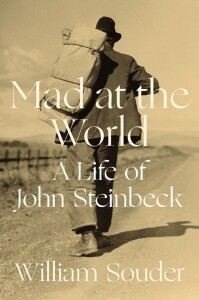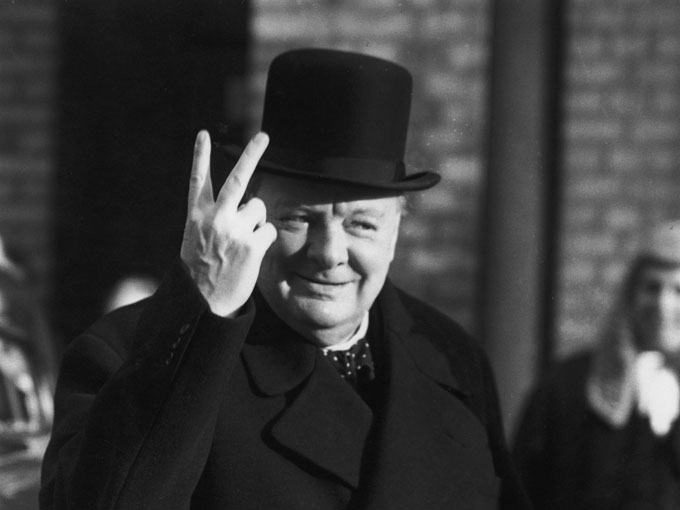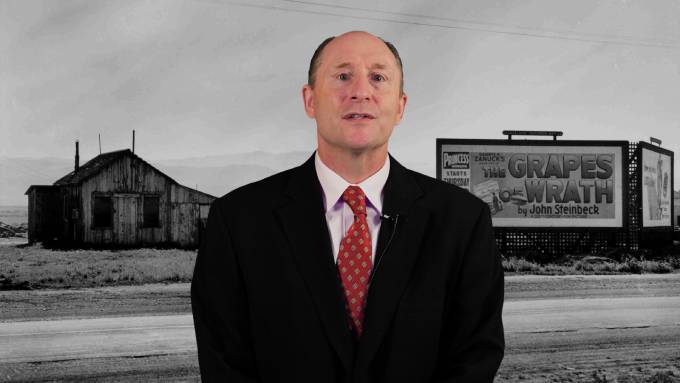In 1853, the chief book critic for The Spectator wrote an unfavorable review of Charles Dickens’s novel Bleak House that reflected the high-minded tone of the weekly magazine, founded in 1828 by the Scottish reformer Robert Stephen Rintoul. An admirer of Addison and Steele who also believed that publishers should be editors, Rintoul sold The Spectator in 1858 to a pair of American investors with less interest in Augustan style than in preserving Anglo-American relations in the run-up to our civil war. During Steinbeck’s lifetime, The Spectator opposed capital punishment, supported decriminalizing homosexuality, and criticized American involvement in Vietnam, providing a semi-safe perch for literary- and libertarian-minded Tories like Boris Johnson, who became its editor in 1999. The history of the magazine’s “special relationship” with Steinbeck’s America is helpful when reading the November 28, 2020 review of William Souder’s life of John Steinbeck—“No writer was better suited to chronicle the Depression than John Steinbeck”—by the current book critic, Scott Bradfield. A novelist-essayist and California native, Bradfield lives in London, where John Steinbeck spent time in 1943 observing their war without meeting George Orwell, “the British writer he most resembles.” Like Orwell, “John Steinbeck didn’t believe in God—but he didn’t believe much in humanity either.” Like Orwell, “he never stopped sending himself on expeditions to better understand the world he wrote about.” By providing “a narratively energetic look at a man who suffered many of the same weaknesses as his characters — for booze, benzedrine, depression and bad marriages,” Mad at the World shows how Steinbeck’s depression and Depression became a form of continuity, motivating his work and connecting him with the world. Like Orwell’s black lung, Churchill’s Black Dog, or the spirit of Anglo-American solidarity enabled and enshrined by The Spectator, Steinbeck’s depression was more than a metaphor.
 Mad at the World: A Life of John Steinbeck was released by W.W. Norton on October 13, 2020.
Mad at the World: A Life of John Steinbeck was released by W.W. Norton on October 13, 2020.




